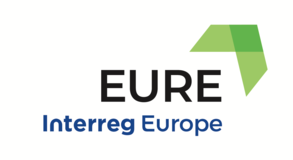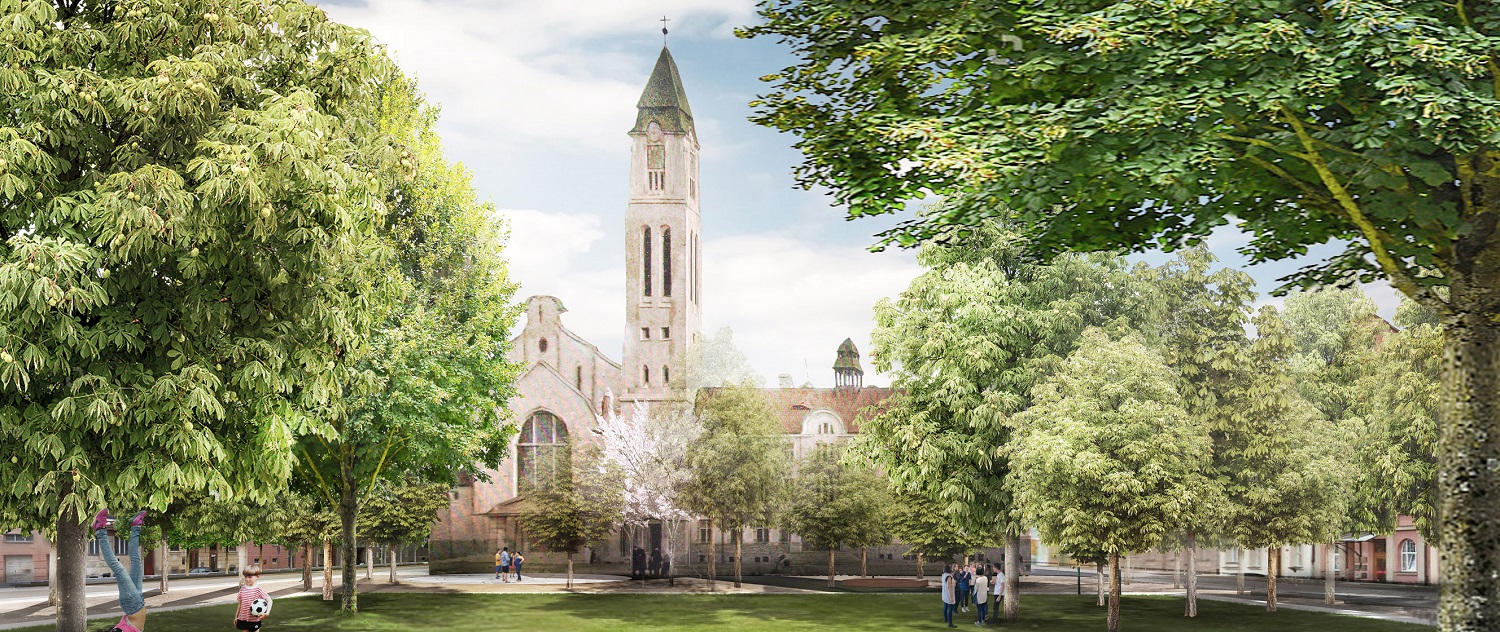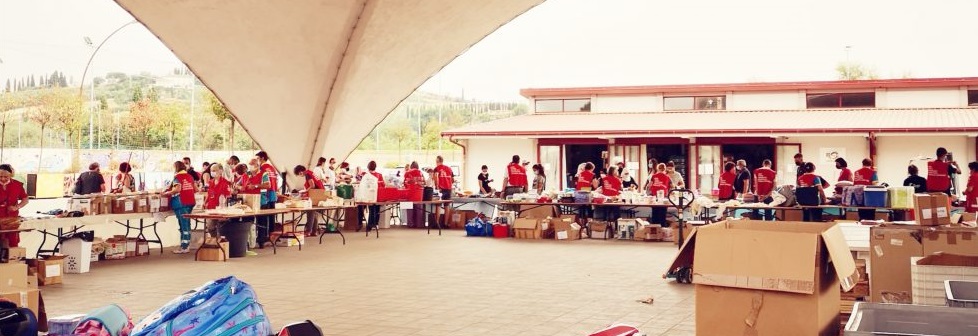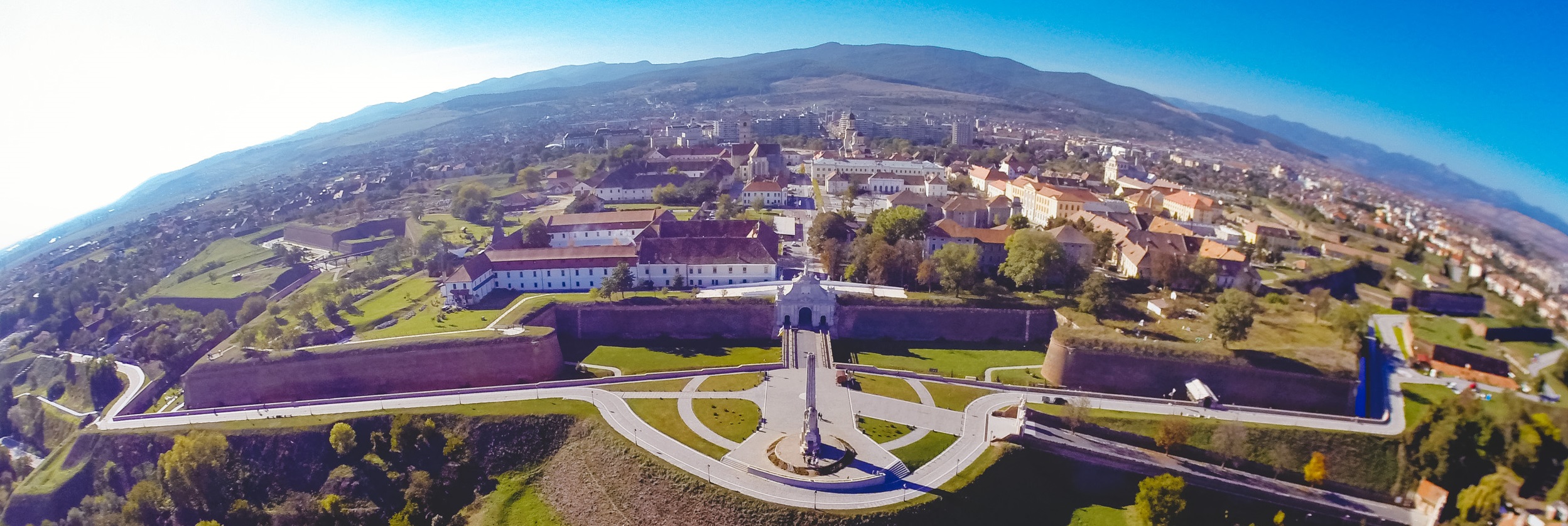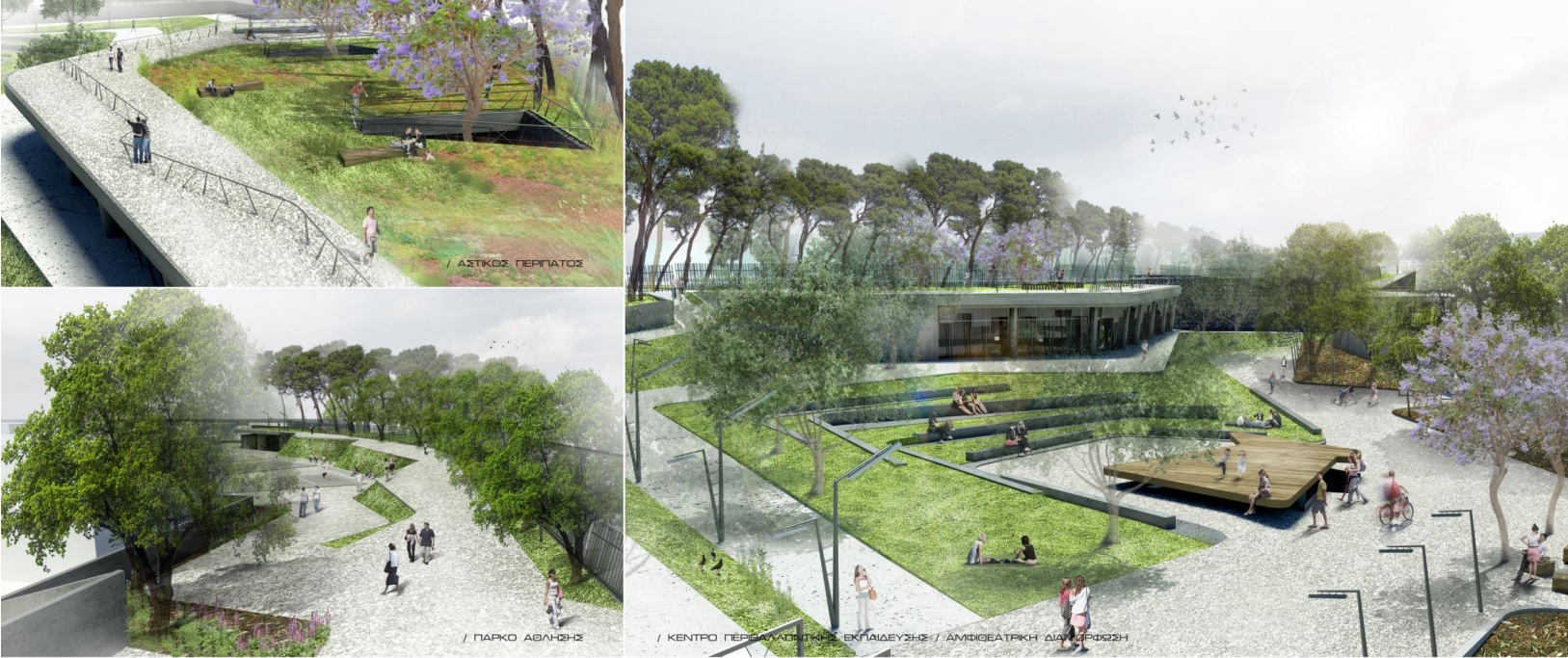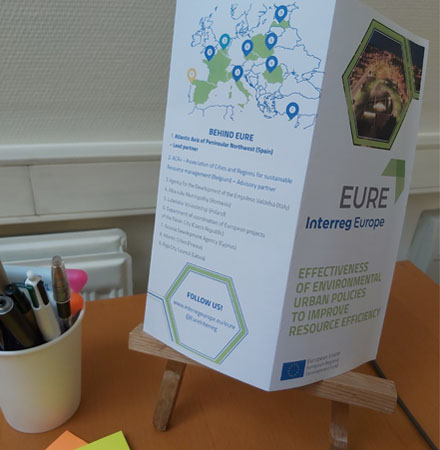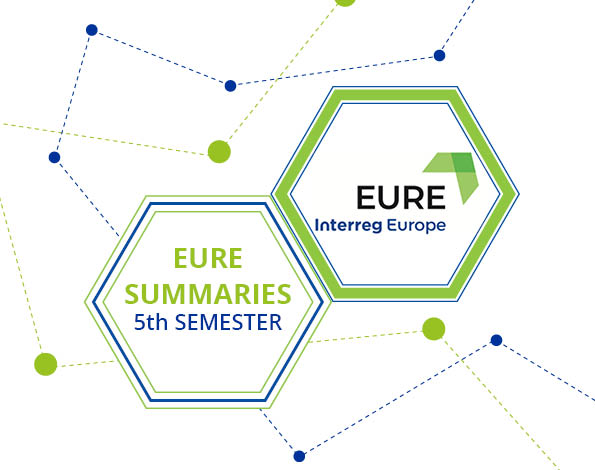From the very beginning of the Covid-19 lockdown in Italy, most Municipalities had to organize strategies and actions to reach and support the weakest parts of their population (people aged 65 and over, quarantined people, families with disabled or clinically vulnerable members). The total lockdown of non-essential commercial activities and the severe restrictions on individual travels and free movements imposed by the National and Regional Government (the so-called #stayathome recommendations) to slow the spread of Coronavirus have deeply modified everyday behaviours together with social distancing.
The most common questions posed to local governments at the beginning of the lockdown were: “how can I get necessary goods such as food and medicines if I am strongly suggested to #stayathome because I am a vulnerable person?” The shopping for necessities was then becoming more and more a critical issue to deal with and the main reason why people did not follow the rules in the first days of the lockdown.
An answer arrived in the territory of Empoli, which is part of the EURE project thanks to the active involvement of the Italian partner ASEV. The Mayor of the City of Empoli, Mrs Brenda Barnini, together with the Adjointe for Social Policies Mrs Valentina Torrini, made a public call to volunteering and charity associations to organize a sort of “food chain” integrating also the support of local food industries, local farmers, local groceries.
The practice is potentially interesting for the role of volunteering system in the organization of emergency support activities to citizens in the Covid19 outbreak. Moreover, the system of green and civic economy, operating in the territory of Empoli for more than 15 years now, has proved to be the key factor to create connections among the local government and local food industry and agriculture to strengthen the process of recycling of unused products. This practice also helps to foster the transition to local circular economy promoting the use of exceeding goods, as well as the support of small and medium-sized food/agricultural enterprises in the implementation of good practices in the field of the circular economy. A local circular economy has represented concrete support to fight against isolation and growing social inequalities which were becoming more and more visible during the lockdown. Involving the volunteering associations and local grocery stores in the chain of food supply for quarantined/isolated people has also encouraged people to develop circular economy practices with their neighbours, thus increasing a feeling of respect and cooperation among local communities.
The practice has been added as a Good Practice in the Interreg Europe Policy Learning Platform, in particular in the new section, which is gathering solutions that can support the COVID-19 recovery at regional level.
To know more, read the full Good Practice in the Interreg Europe Policy Learning Platform and in the municipal website (in Italian).
The EURE partners are working on more Good Practices that will all be published here.
